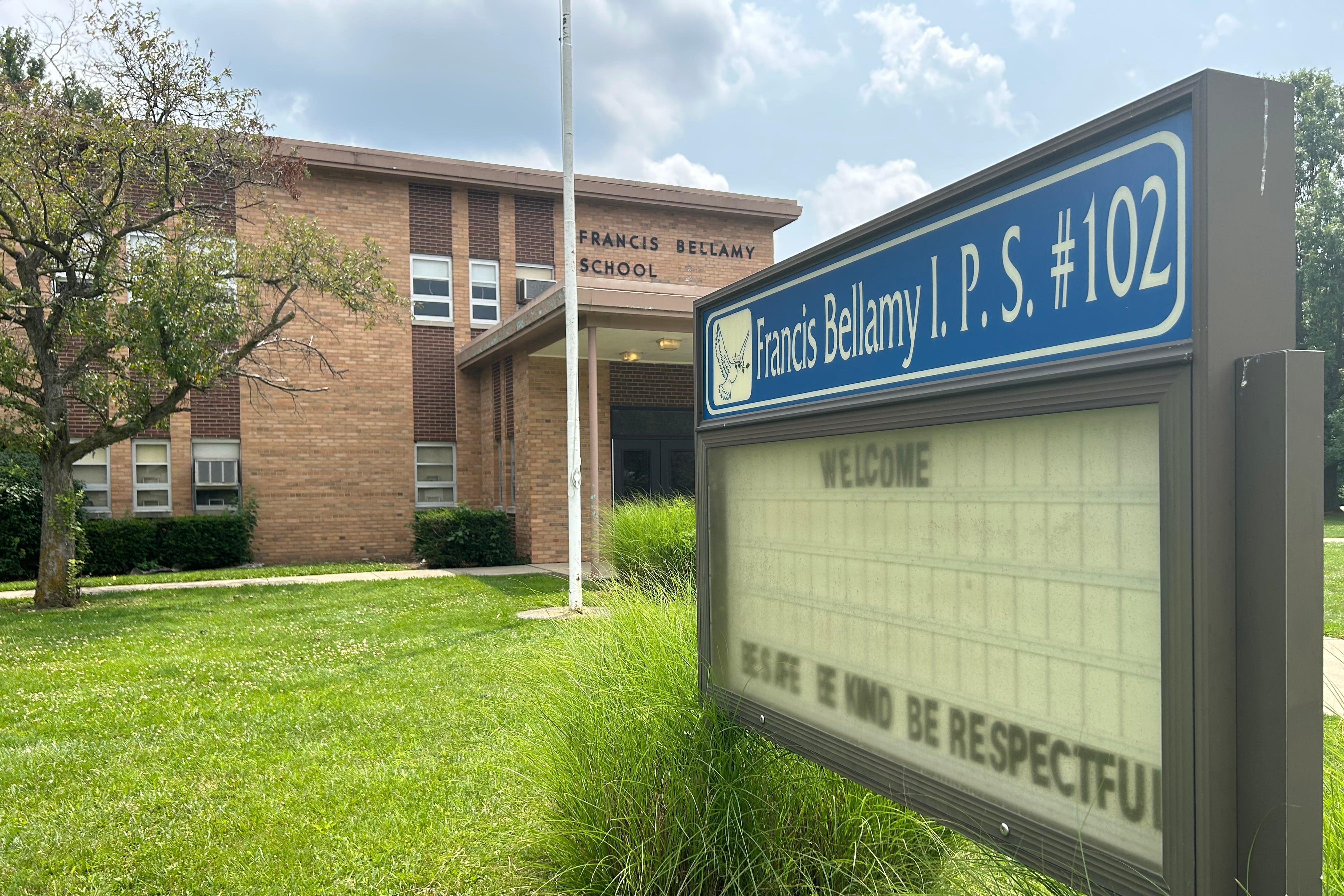The Indianapolis Public Schools board violated the state’s public meetings law when it approved a lawsuit against the state last week, a charter group has alleged.
The complaint that the Indiana Charter School Network filed with the state Public Access Counselor centers on the school board’s lawsuit that claims an exemption for IPS from a state law that requires districts to sell or lease closed school buildings to charter schools for $1. The so-called $1 law is an ongoing and significant source of tension between IPS and charter supporters as district enrollment has dropped and charter enrollment has grown.
The state’s “Open Door” law allows school boards and other governing bodies to meet in executive or closed-door sessions for specific purposes, such as collective bargaining and litigation. But the law also requires any final action to be taken at a public meeting.
“The IPS board never approved the filing of the Lawsuit in a properly noticed public meeting as required by the Open Door Law,” an attorney for the Indiana Charter School Network said in the group’s complaint, which it filed Monday. “This approval of the Lawsuit behind closed doors without any discussion in public violates the plain language of the Open Door Law’s provision that official action must only be taken in an open meeting.”
State law also requires governing bodies to give public notice of closed-door sessions that state the specific allowable reasons for which they are meeting in executive sessions. But the charter group’s complaint says two executive sessions held in July also do not indicate that the school board was discussing possible litigation.
IPS did not immediately respond to a request for comment. In a Monday statement, the charter network’s executive director, Marcie Brown-Carter, said the IPS board’s lack of transparency, along with what she called the district’s violation of the $1 law, “are unacceptable and do nothing to support the public-school students of Indianapolis or promote a spirit of collaboration.”
The complaint is at least the second time the charter network has taken formal issue with the district over the state’s so-called $1 law. Last year, the group filed a complaint with the Attorney General Todd Rokita’s office, alleging that the district did not comply with the $1 law. Rokita’s office later concluded IPS did not violate the law.
Lawmakers revised the $1 law earlier this year in ways that make it easier for certain charters to lease or acquire district’s closed buildings. Yet the latest version of the statute includes an exemption for districts that share revenue from voter-approved property tax increases for operating or safety costs with “applicable charter schools.”
IPS argued in its lawsuit against the Indiana Secretary of Education Katie Jenner, Rokita’s office, and members of the Indiana State Board of Education last week that it is exempt from the $1 law, since it shared funds from its 2018 property tax increase with charters in its Innovation Network of autonomous schools.
The state education department, however, told IPS in a memo earlier this month that it is subject to the $1 law.
This story has been updated to include a statement from the Indiana Charter School Network.
Amelia Pak-Harvey covers Indianapolis and Marion County schools for Chalkbeat Indiana. Contact Amelia at apak-harvey@chalkbeat.org.






